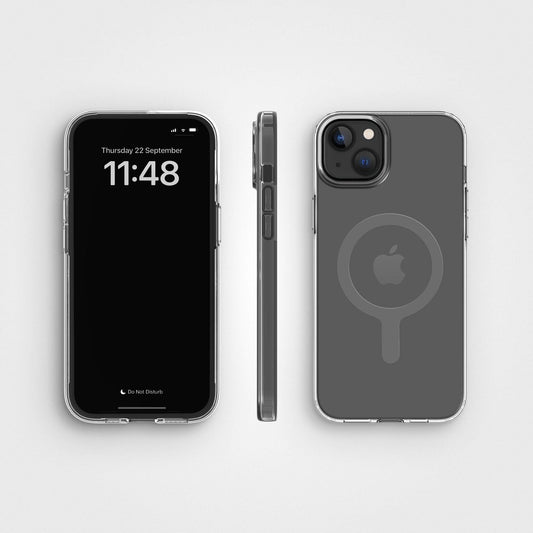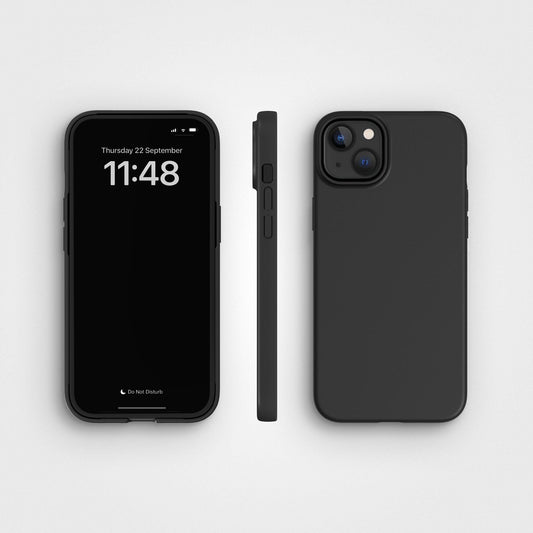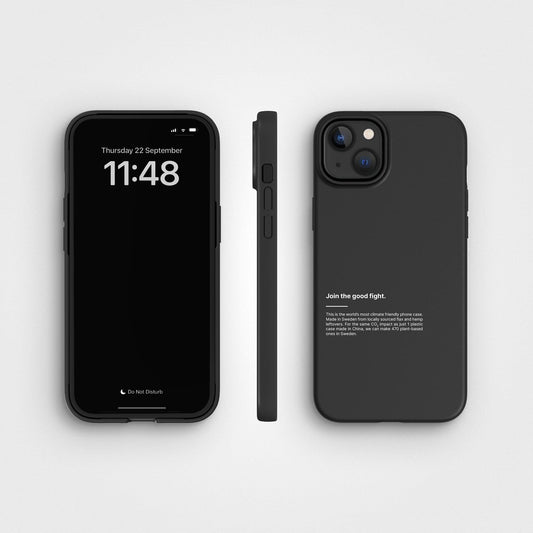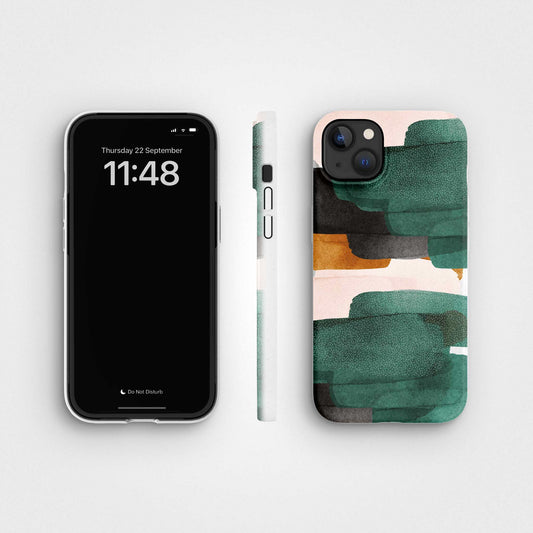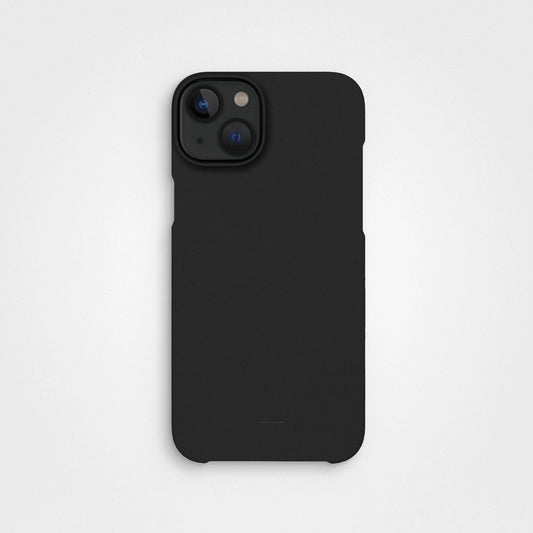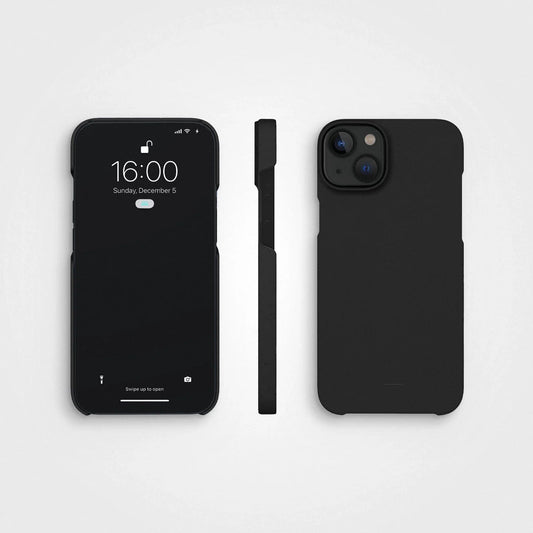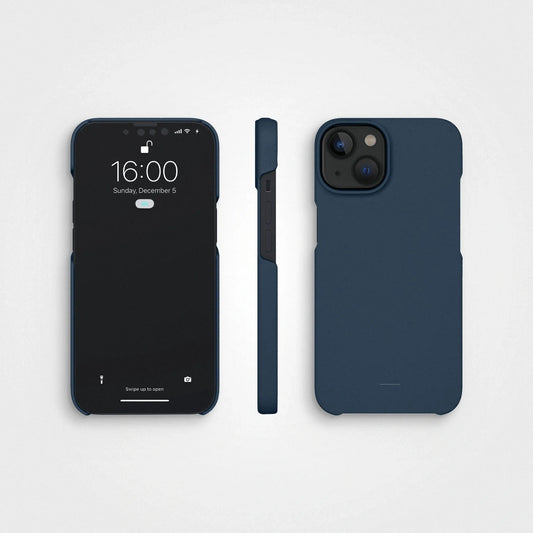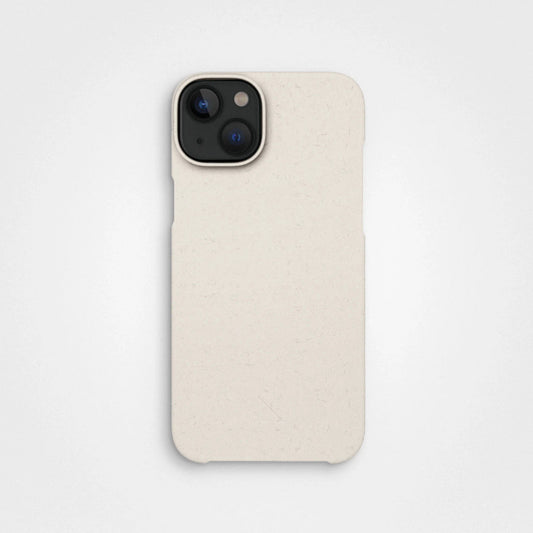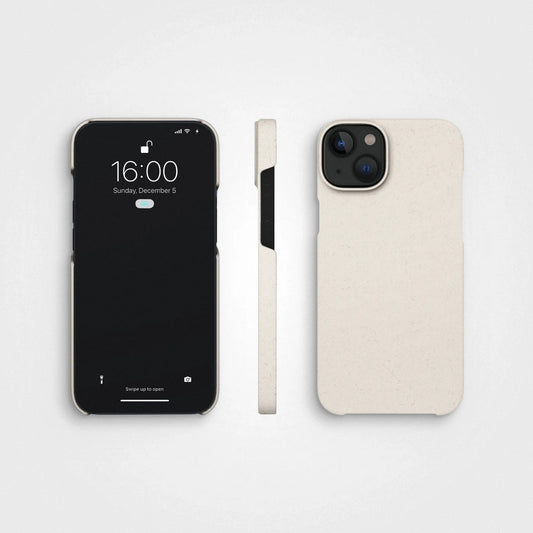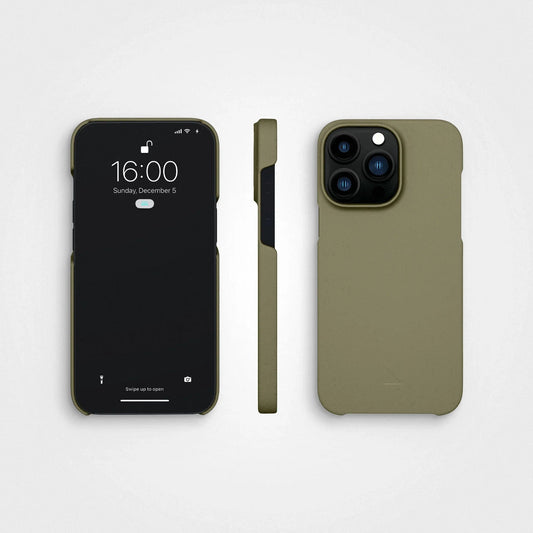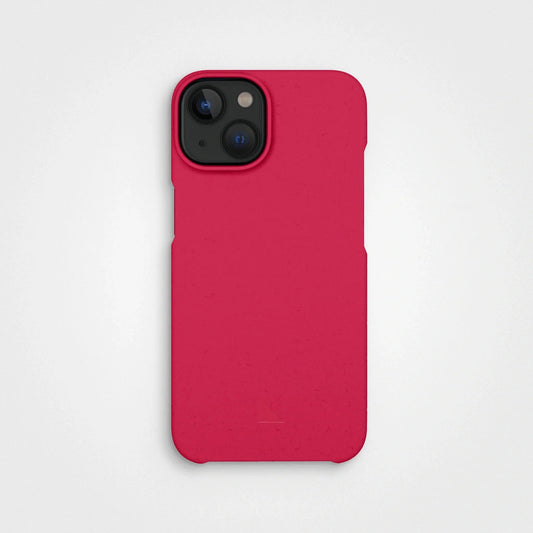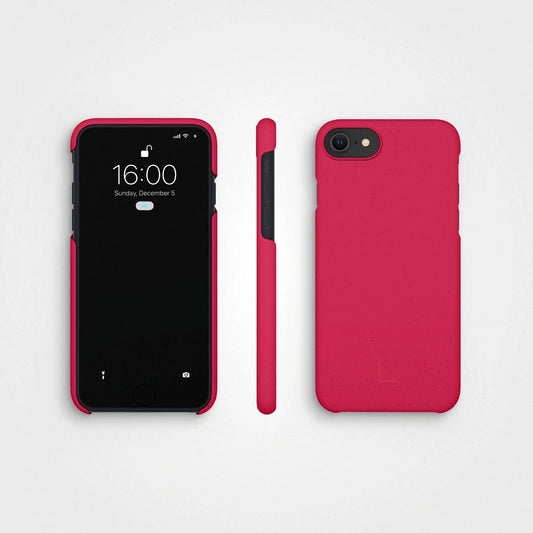TerraCycle CEO, Tom Szaky, on his journey from recycling university canteen food into fertiliser to partnering with the world's biggest brands.
Tom Szaky and the TerraCycle team are a huge inspiration for us. TerraCycle believe that everything can and should be recycled, it's just a matter of economics (a belief shared by us and previous #agoodcommunity interviewee James Piper, by the way).
They offer a free national recycling program (US) and aren't daunted to process and find new leases of life for hard-to-recycle items like cigarette butts and flip flops.
Through their innovative Loop system, TerraCyle partner with some of the world's biggest brands to offer popular products in reusable packaging and eliminate waste.
We were stoked to be able to catch up with Tom to hear his story and find out more about how they do it. Enjoy!

Hi Tom, welcome to A Good Community! You started TerraCycle 20 years ago when a lot of young entrepreneurs were getting into digital in search of the big bucks. What’s the story there, how come you decided to found a company making plant food?
Thanks for having me! I got the idea for TerraCycle as a college freshman in 2001 after seeing the incredible success some friends were having with their plants by using vermicompost.
That was our original business model – letting worms convert the leftover food from the university dining halls into a very effective fertilizer. We liquified it and packaged it in used soda bottles. To find a larger supply of empty bottles, we created a national collection program, which was the precursor for our current free, national recycling programs.
When TerraCycle was first starting out, our business model was so unique because we were quite literally selling waste packaged in waste and offering an entire product made from garbage. By taking materials people would normally consider waste and repurposing them to be marketed to everyday consumers, we had a great story that went with a great product.
TerraCycle has since moved to creating recycling solutions for some of the world’s toughest garbage problems. Our mission is to eliminate the idea of waste and prove that everything, including the most hard-to-recycle waste streams, is technically recyclable.
TerraCycle is famous for recycling reclaimed ocean plastic and cigarette butts, stuff that most companies don’t want to touch. How do you make money from stuff that is, to use the saying, old rope?
We partner with brands who pay us to offer solutions for their products or packaging, allowing them to take responsibility for the end-of-life cycle of the products they produce and offer consumers a free and responsible way to dispose of what would otherwise become “waste.” After collecting and processing the waste, TerraCycle is able to resell the post-consumer recycled plastic to manufacturers, who can use it in lieu of virgin plastics and producers, for integration into their brand's primary packaging.

The TerraCycle HQ
It seems that a lot of people want to recycle stuff but the landfills keep on swelling. What is the main barrier, why isn’t everything recycled yet?
Like any other business, recycling is driven by supply and demand. In order for products to be recycled, there needs to be a market and a demand for the end-products. Manufacturers need to be willing to pay for recycled materials, like they would any raw material.
"Ideally, the future will be born out of a truly “circular” economy where resources are reused continually rather than being disposed of after a single use."
Additionally, most curbside recyclers don’t have the necessary recycling equipment to handle and process “everything,” even though nearly every waste stream is technically recyclable.
Local material recycling facilities would need to be equipped with the right machinery to process items such as small, complex items that otherwise would get caught or fall between the belts and gears, and flexible packaging which is made of multiple layers of different materials that are difficult to separate.
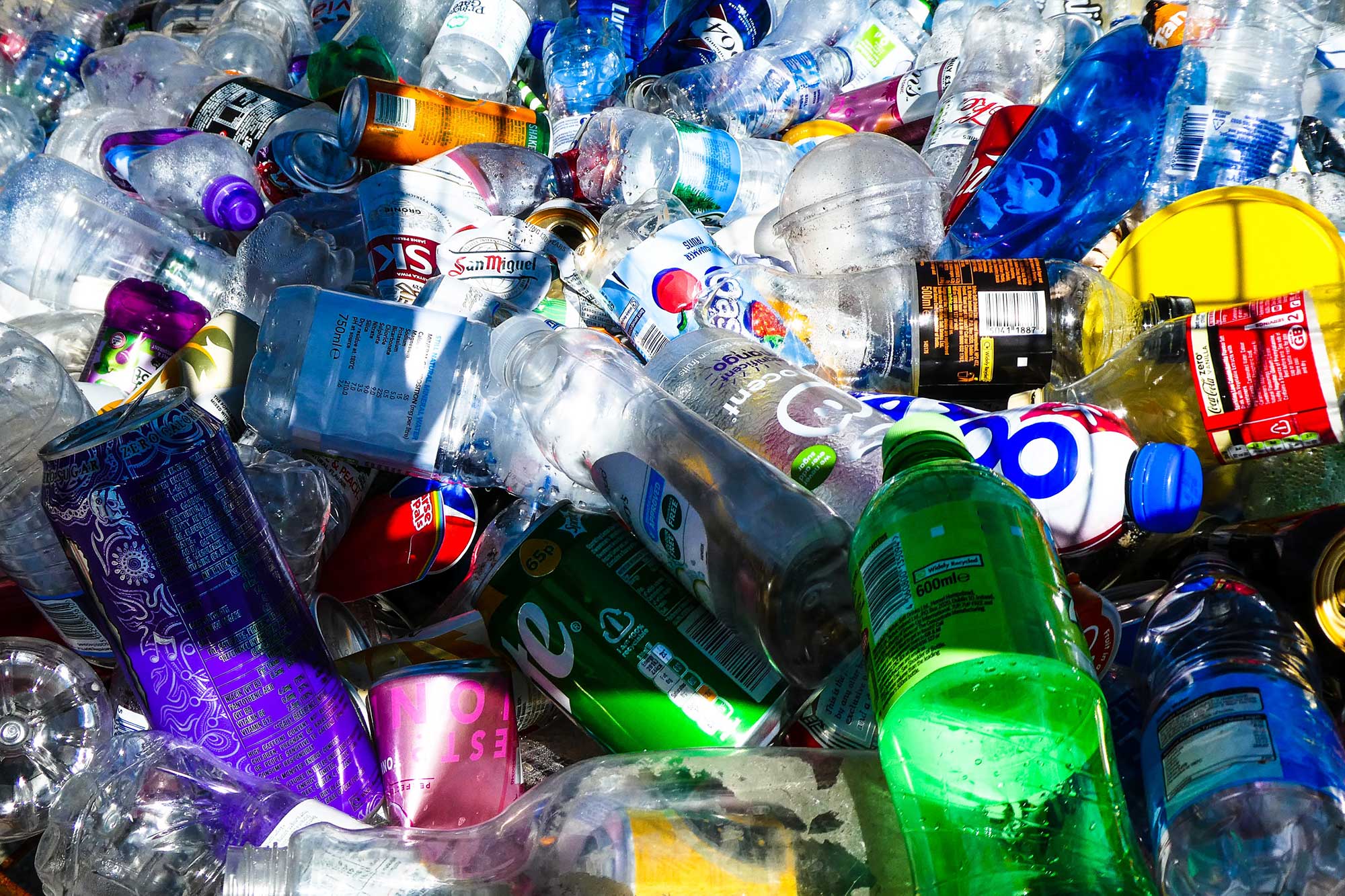
Pardon the pun, but do you think we’ve reached a “tipping” point when it comes to waste and how we approach it?
I think we’ve reached a tipping point in the public’s collective psyche that makes people stand up and say, “there has to be a better way.” While our problem with waste certainly isn’t going away any time soon, it certainly seems like the public has come around to the idea that “business as usual” is simply not sustainable.
Ideally, the future will be born out of a truly “circular” economy where resources are reused continually rather than being disposed of after a single use. This will take earnest efforts from both the recycling industry and manufacturers, among others.
Manufacturers should be encouraged to plan for the end-of-life phase of their products by cutting-down on packaging material, investing in mono-material products that are easier to recycle, or by sponsoring a recycling program for products that can’t be thrown in the recycling bin.
However, there’s no silver bullet to our waste crisis and we can’t simply recycle our way out of it. Given the low price of oil, virgin plastics are cheap and that can drive down the demand for recycled plastics. Investments in a circular economy on the part of the manufacturer with support from the state and federal governments is one way we can begin to stem the tide.
Tell us about the Loop concept, how did you manage to persuade such big brands to sign up?
I started TerraCycle over two decades ago and over that time we have built strong relationships with some of the world’s largest multinational companies by providing recycling solutions for their products and packaging.
At the World Economic Forum annual meeting in 2017, leaders in some of those companies and I talked about how recycling will never be enough to solve the worldwide waste crisis and that we need to solve the problem at the root cause. This was the beginning of what would become Loop. Once we got these big brands on board, it was easier to attract other brands to participate.

The CEO’s life is hectic, what do you do to wind down and make sure you’re getting enough rest?
I enjoy spending time with my family and we love to be outside. I have two young sons who make it easy for me to put work aside and play with them.
What advice do you have for budding entrepreneurs who want to start a sustainable business?
You just have to do it. It is easy to have “analysis paralysis” but you have to jump in to see what works. Any failures will help you redirect and find solutions. It’s also important to stay true to your mission. There will be a lot of hurdles along the way as your business grows, but if you keep your mission at the forefront, it will guide you.
You’re an inspiration for a lot of companies that want to make a positive impact. Who inspires you and do you think would be a good person to interview for A Good Company?
There are a lot of people who inspire me, from consumers who participate in our programs and are working to make their communities better, to consumers pushing manufacturers to change their packaging, to employees at companies who push for change from within, to individuals, organisations and companies trying to make the world a better place. It is too hard to pick one person.
OK thanks Tom, much appreciated! Looking forward to using TerraCycle for more products in the future.
~
We hope you found this fun and inspiring. Do you have a similar story to tell, or know someone who deserves to be featured in #agoodcommunity? We'd love to hear from you, please send an email to Emilia Cullborg or hit is up on our Insta.


